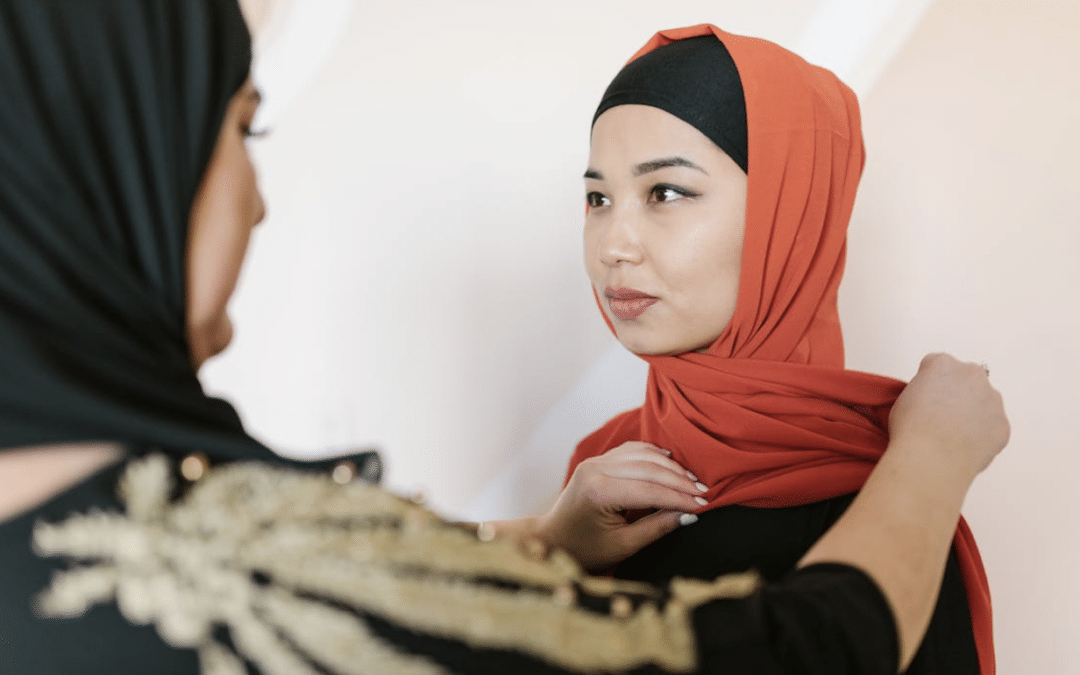Recently, in honor of World Hijab Day, Yaqeen Institute, a research institution dedicated to studying Islam, published a blog post promoting greater understanding and respect for the diversity of Muslim women’s experiences and beliefs about hijab. The publishing answers five common questions about the hijab, a head covering worn by some Muslim women, to offer a better understanding of its significance to Muslim women.
Here are the five most common questions and their answers.
- What is a hijab? Hijab is a head covering worn by some Muslim women as an act of religious piety and modesty. It can take many forms, including a scarf, veil, or hood, and can be worn in various styles.
- Is hijab required in Islam? Many Muslims believe that the hijab is necessary for women as a religious obligation. However, there is some debate among Muslim scholars about the exact nature of this obligation and how it should be observed.
- Why do some Muslim women choose to wear hijab? Muslim women choose to wear hijab for various reasons, including religious piety, personal conviction, cultural tradition, and as a form of social or political statement.
- Is hijab oppressive? Many Muslim women view hijab as a choice and a form of empowerment rather than oppression. However, some women may feel coerced into wearing hijab or face social or legal pressure, which can be oppressive.
- What can non-Muslims do to support Muslim women who wear hijab? Non-Muslims can support Muslim women who wear hijab by respecting their choice to do so, learning more about the practice of hijab and its significance in Islam, and standing up against discrimination and prejudice towards hijabi women.

